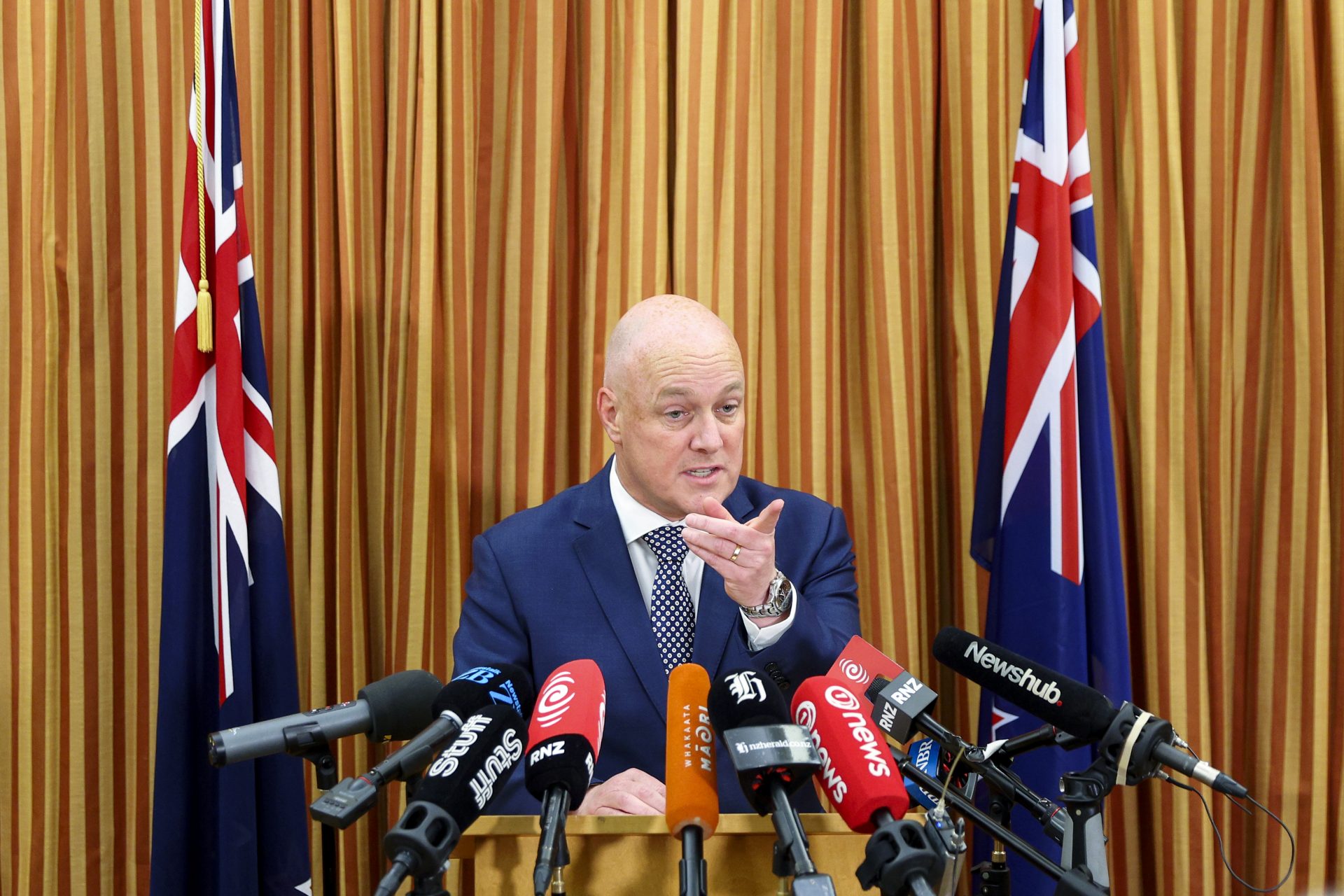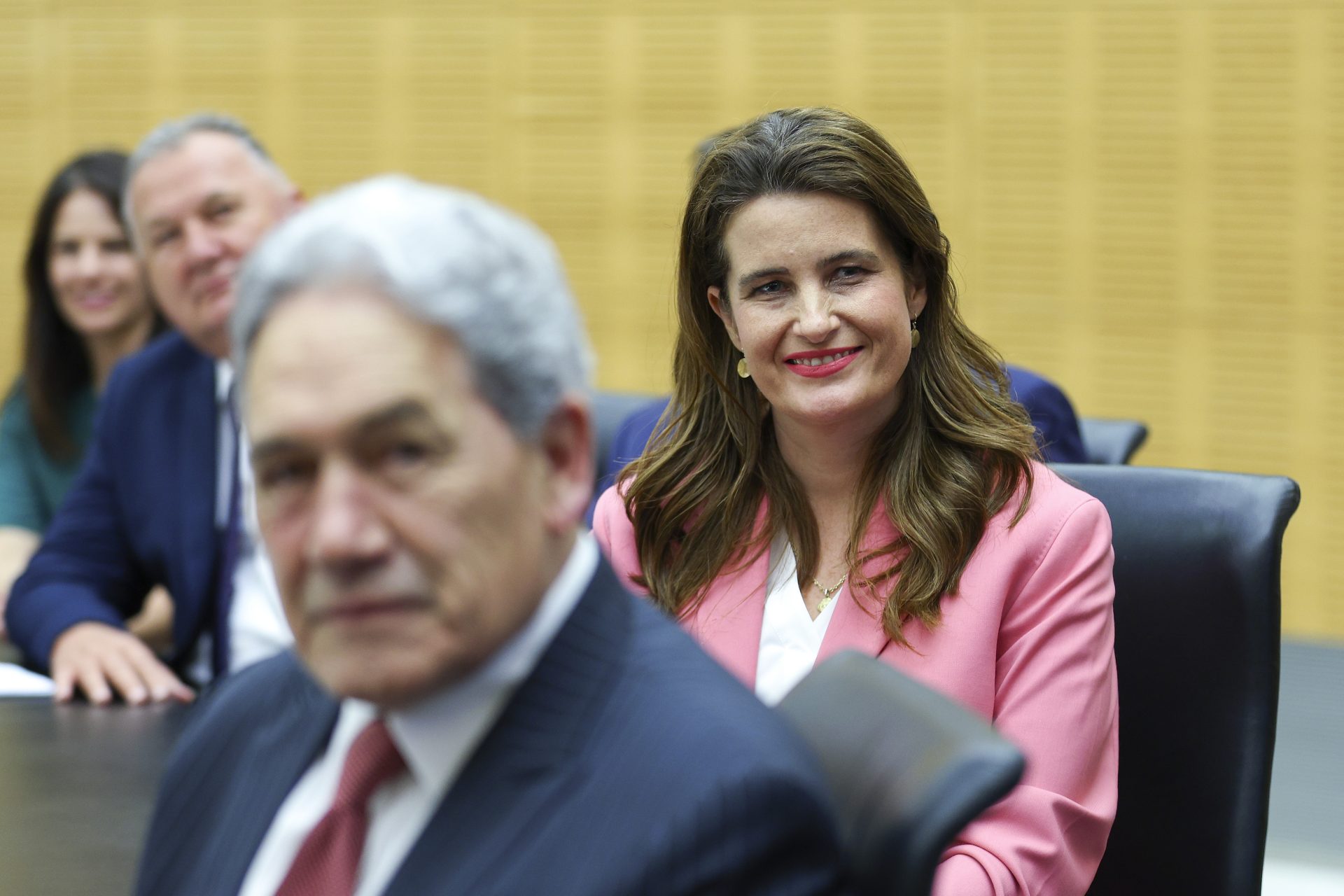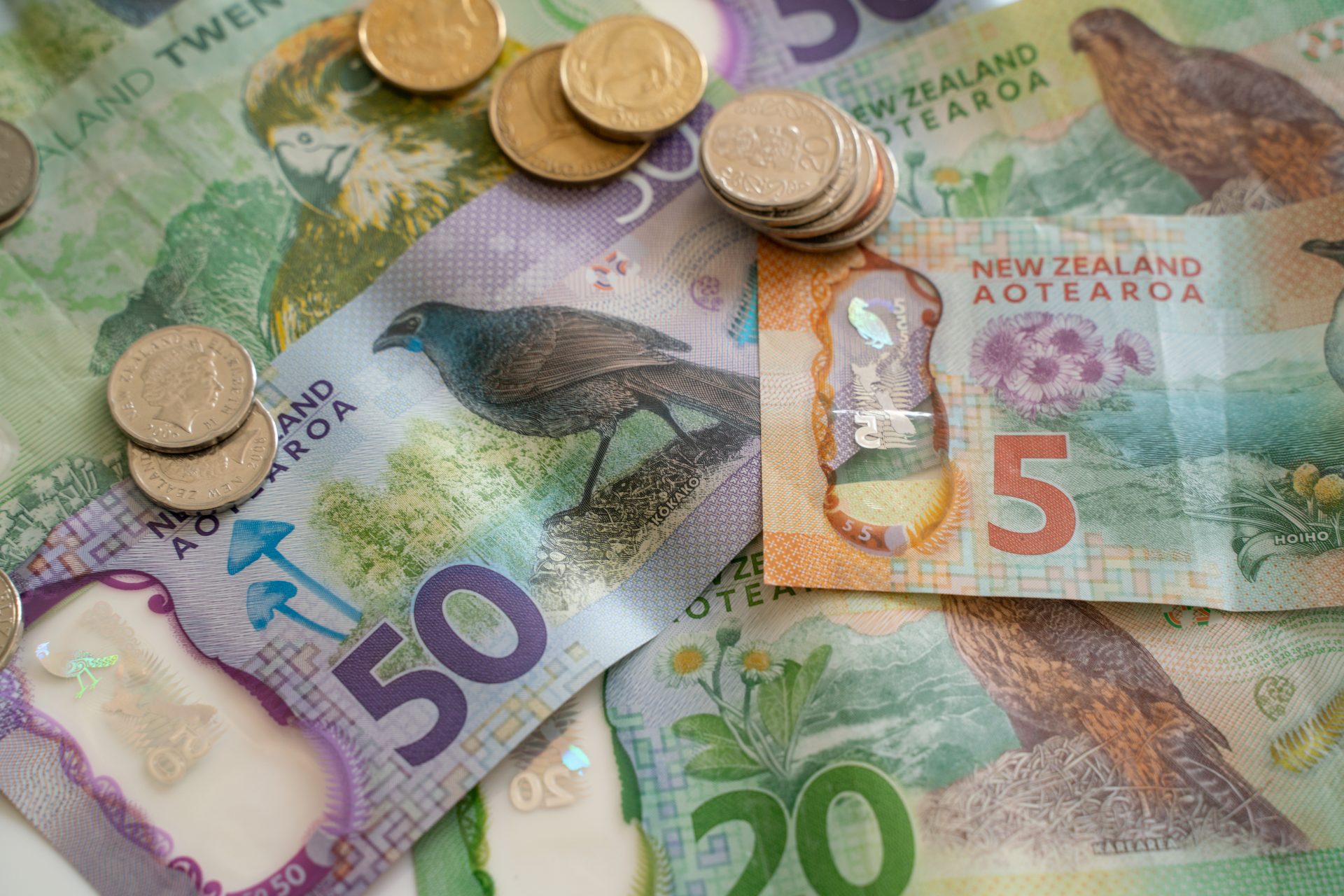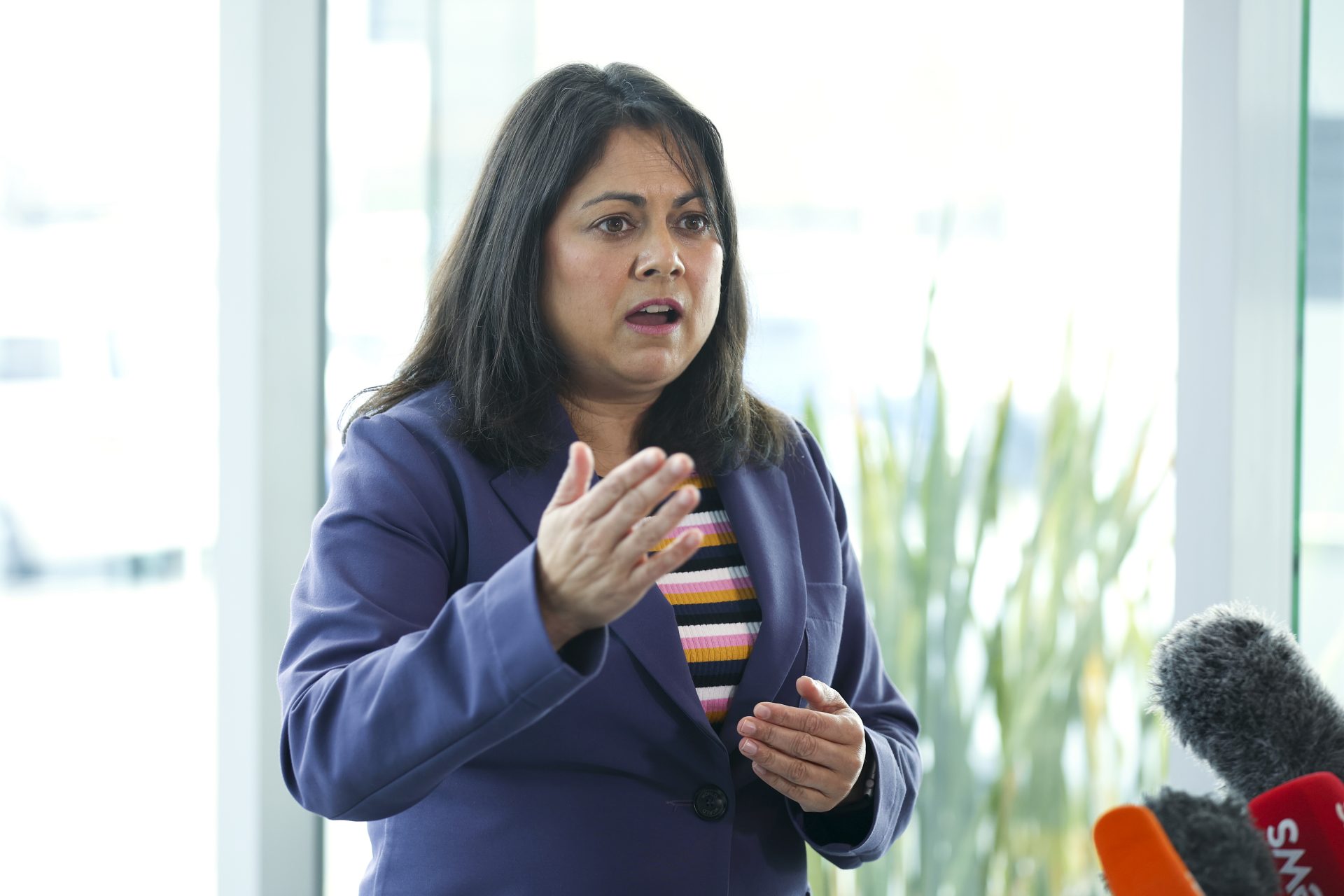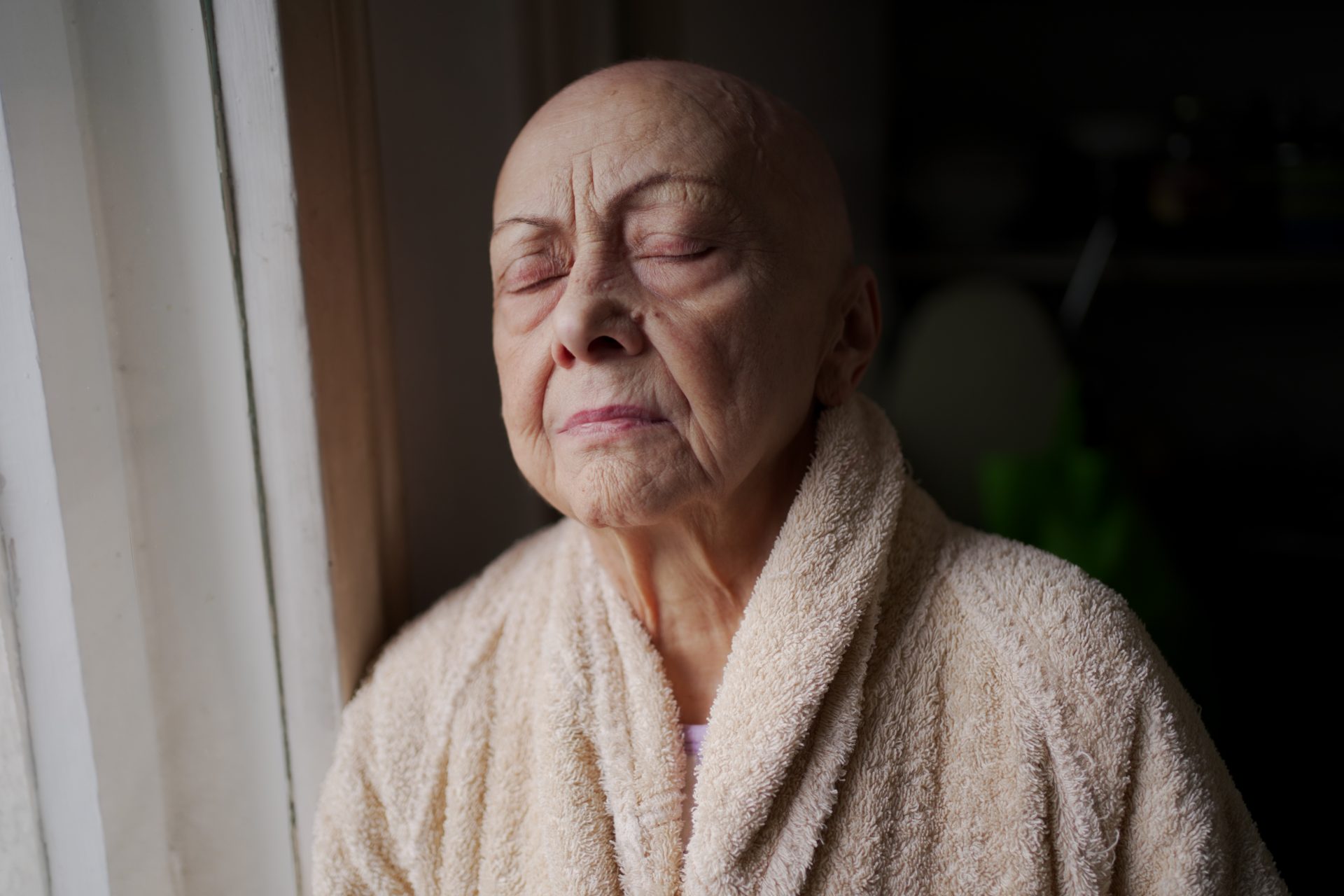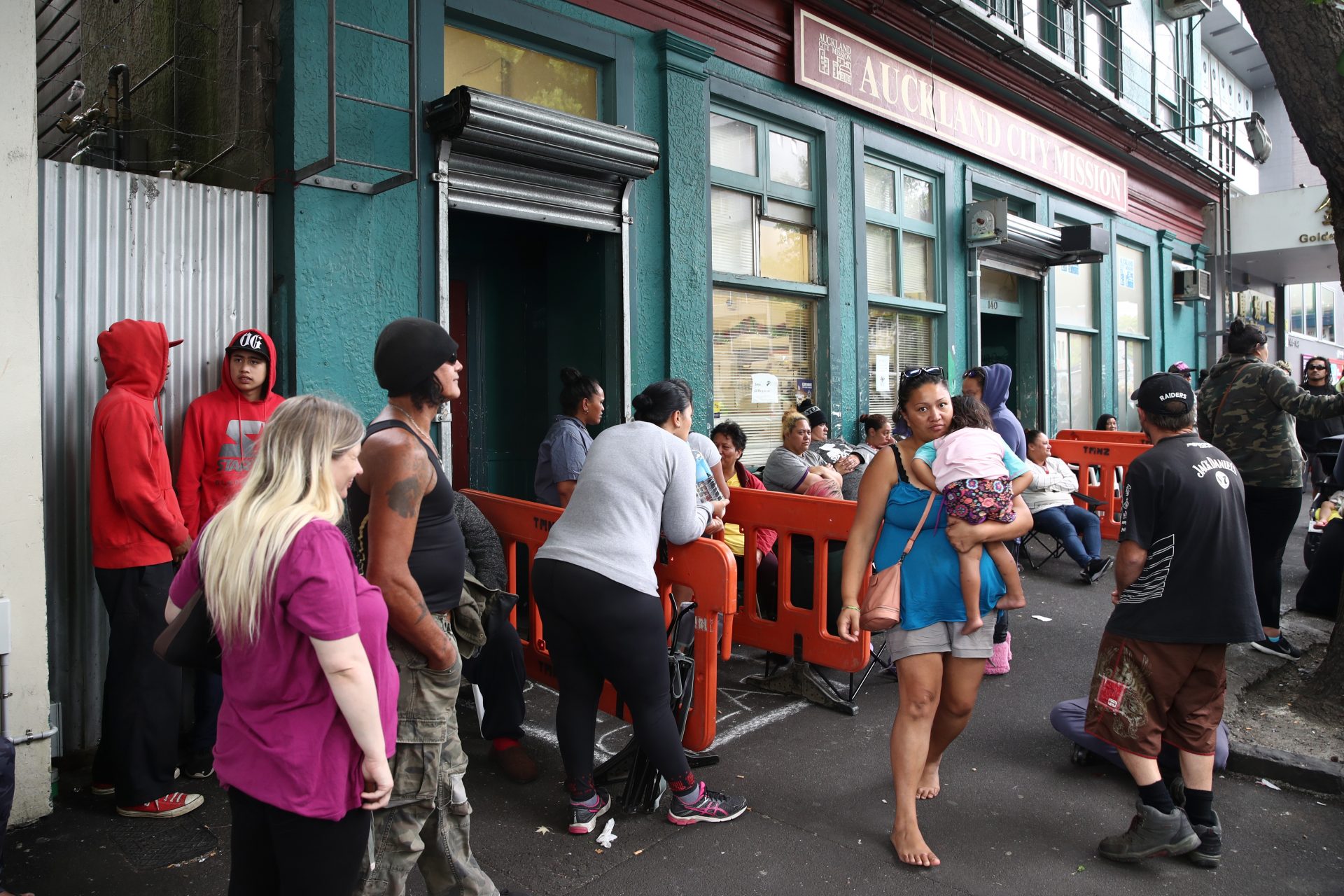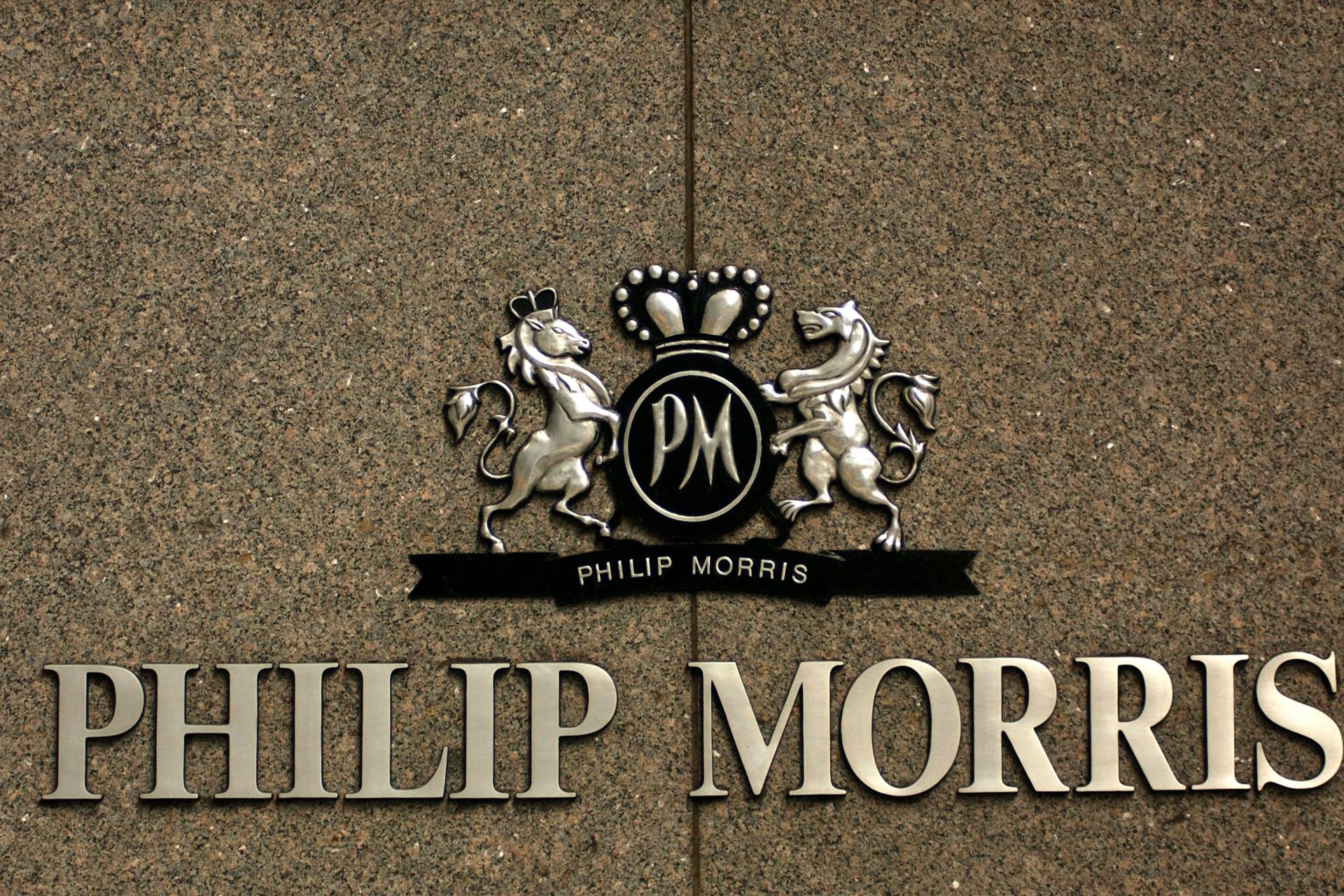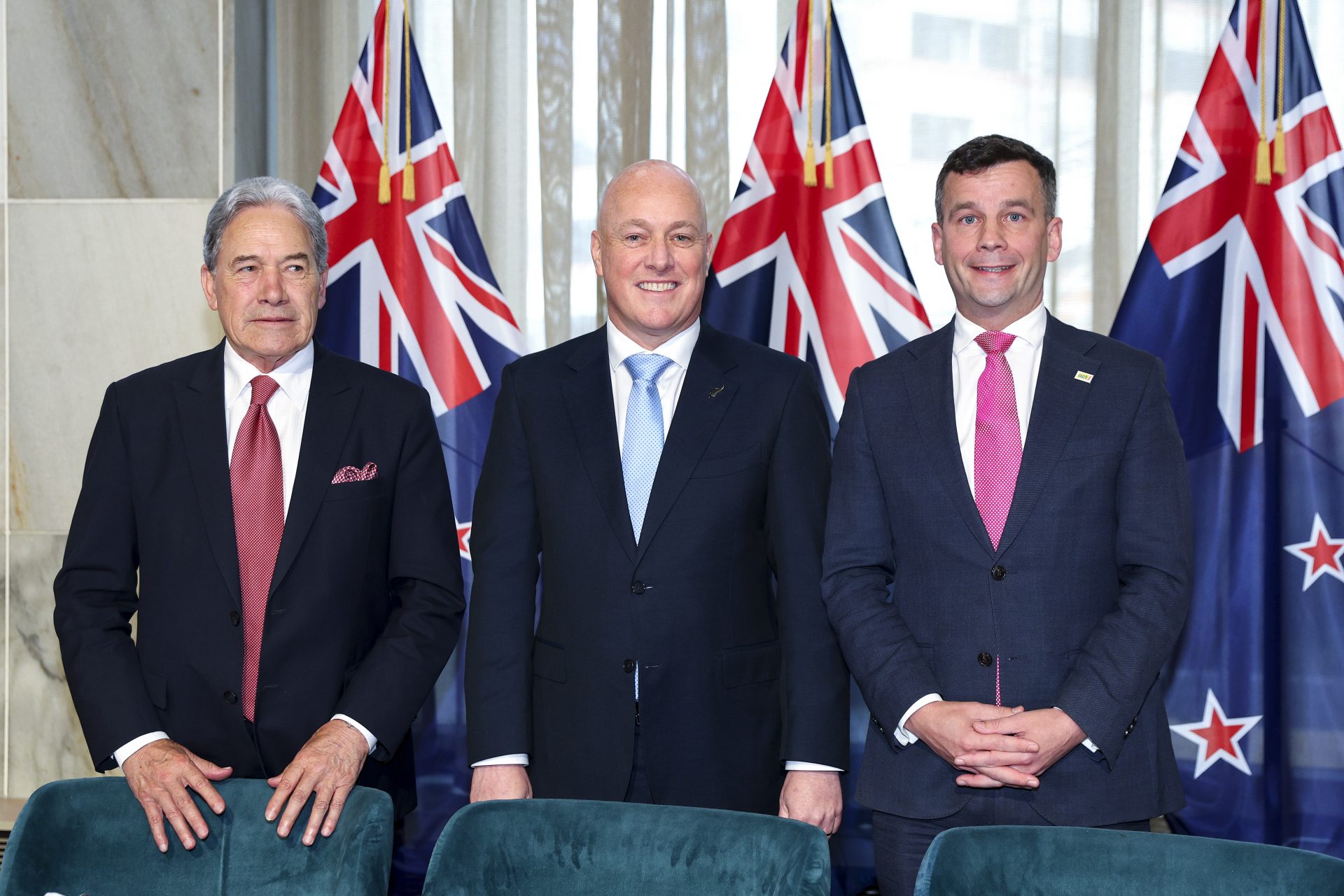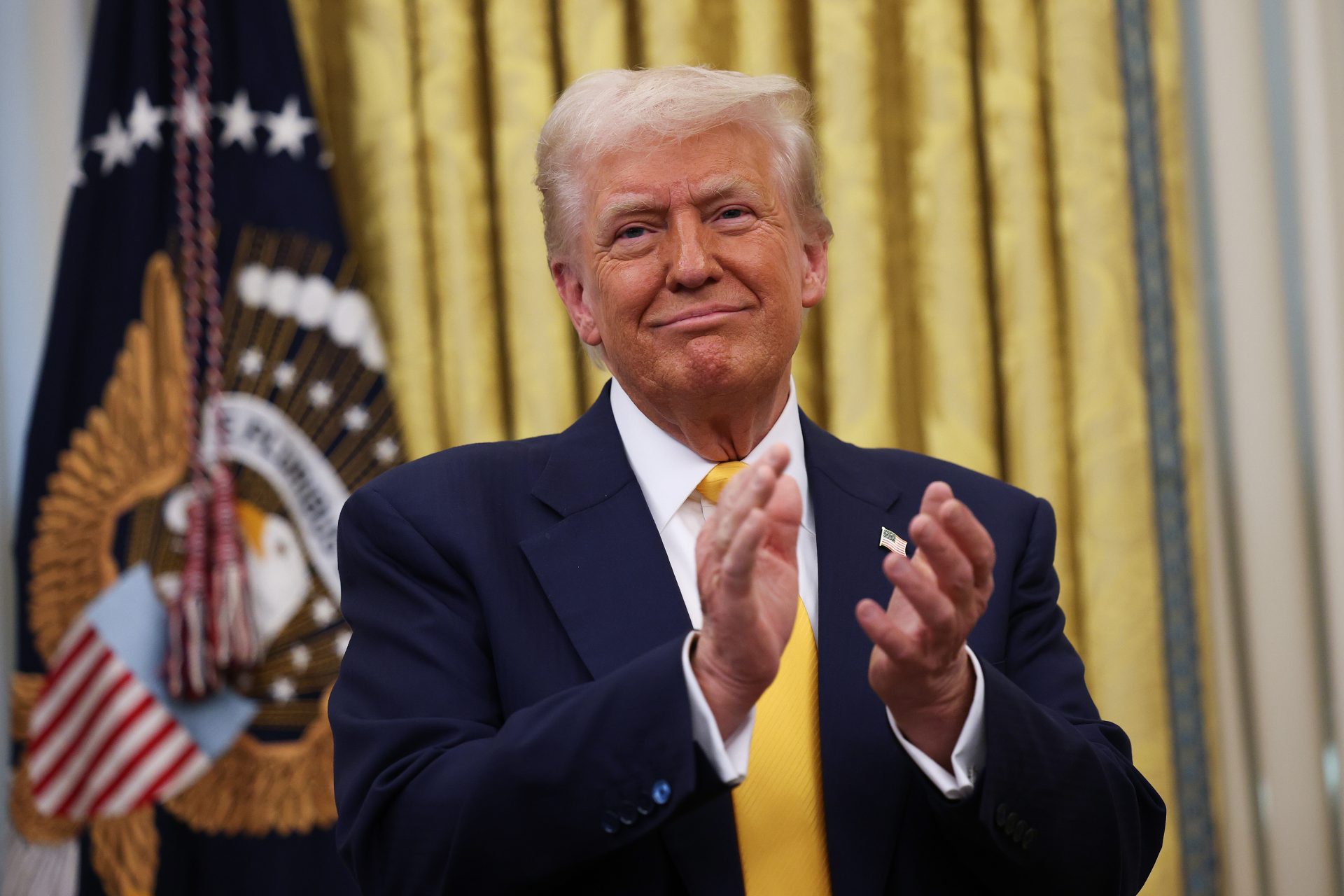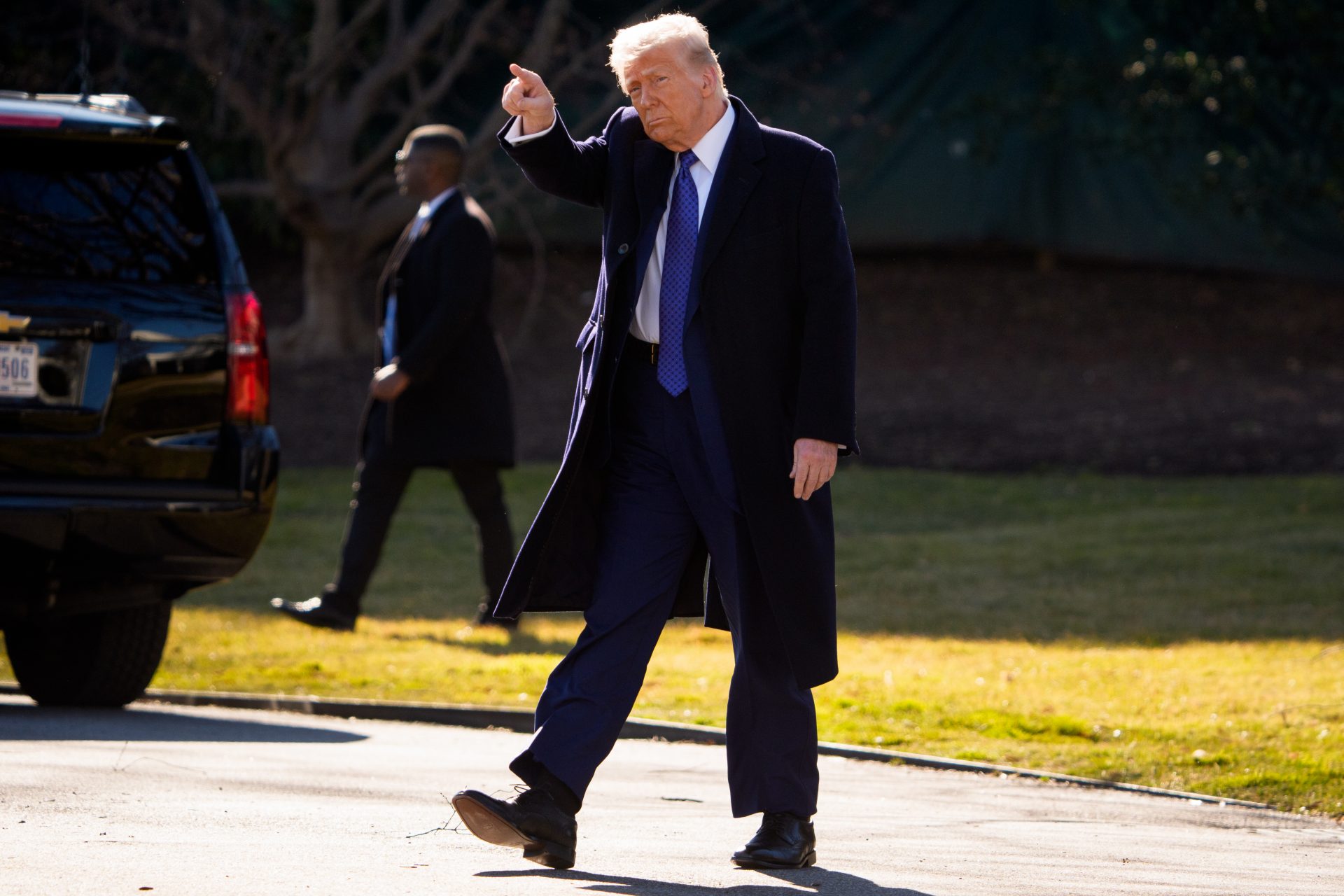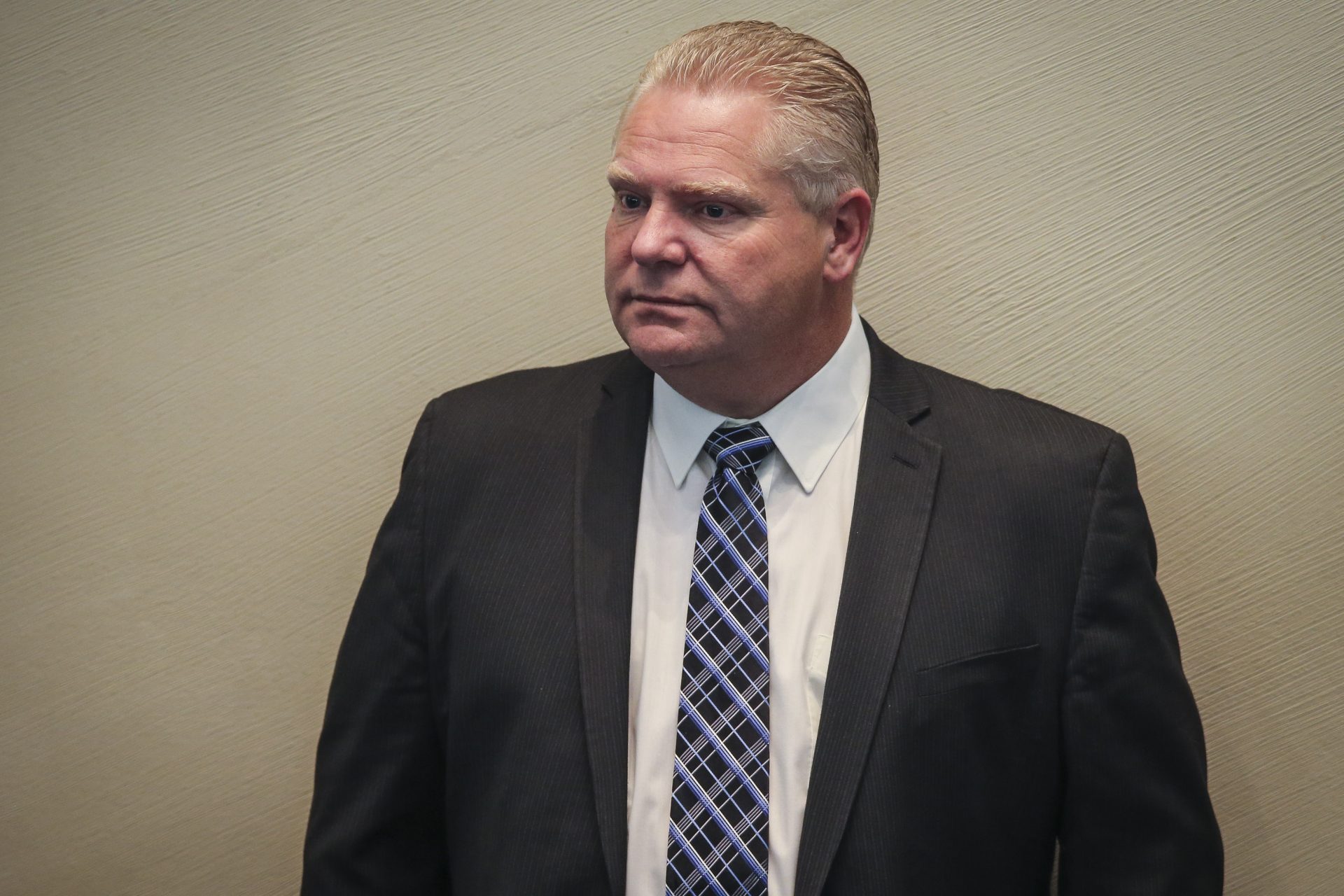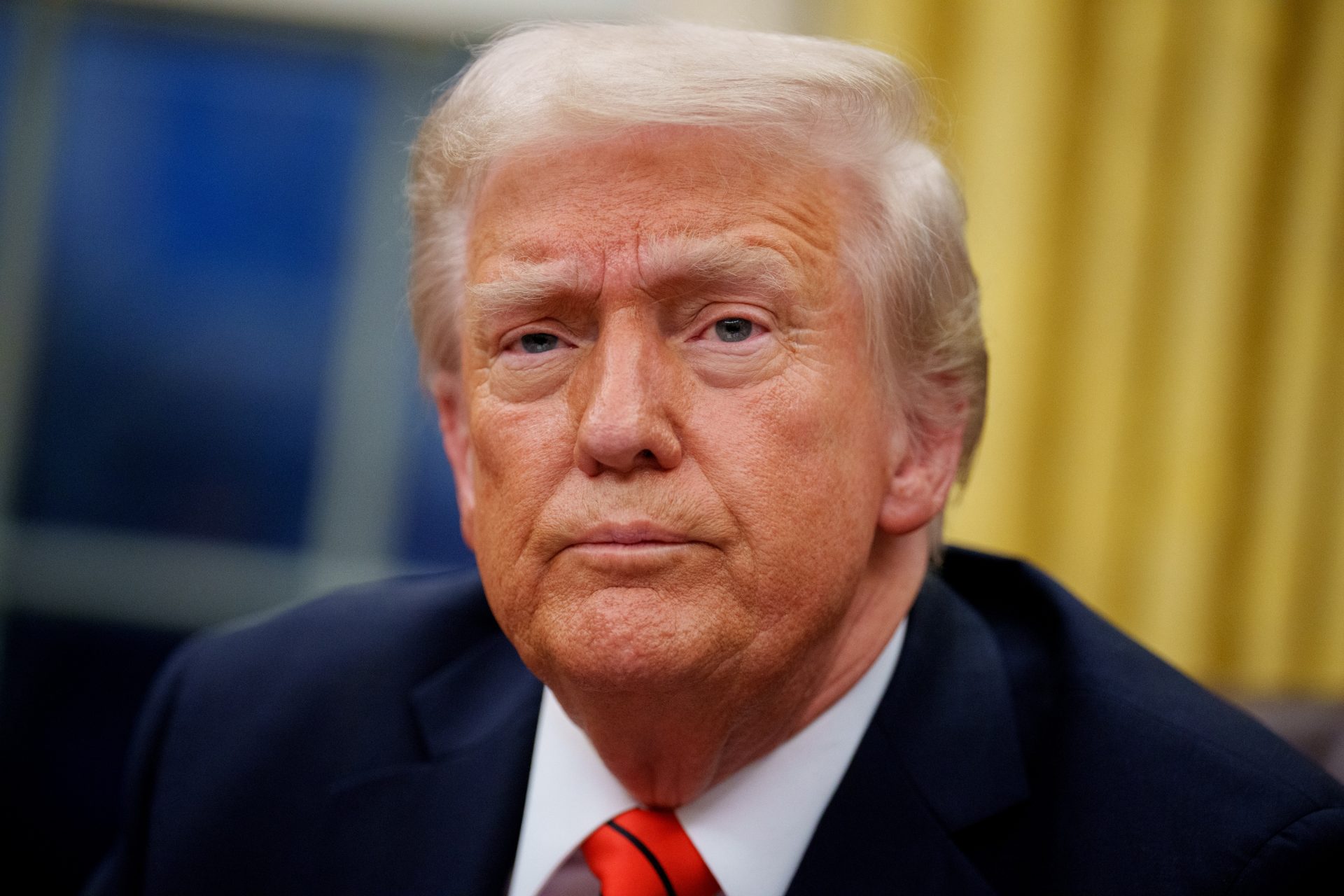New Zealand to axe pioneering smoking ban to pay for tax cuts
In 2022, New Zealand passed a pioneering smoking ban that would ban selling cigs to anyone born after 2008 and cut the amount of nicotine allowed in tobacco. But the country’s new government realized it could use the tax money…
On Nov. 25, the incoming coalition government revealed that the world-first smoking ban would be scrapped before it is set to take effect next year. Two of the three parties in the new government insisted on the ban, incoming Finance Minister Nicola Willis told Newshub Nation.
Willis explained that the anti-smoking legislation would “significantly reduce revenue to the crown.” As she said, the smoke-free legislation would impact the government book by about NZ$1 billion ($611 million).
The loss of revenue could be a problem. That’s because the coalition documents reveal that the new government plans to cut taxes, but does not have a new revenue stream to fund the plan. As Newshub Nation's Simon Shepherd pointed out during the interview, the entire plan has a NZ$2 billion fiscal hole.
The outrage from members of the former government and public health experts was immediate. Ayesha Verrall, the country’s former health minister accused the new coalition government of wanting to fund tax cuts by enabling more kids to start smoking, according to the New Zealand Herald. “It’s disgusting,” she added.
Verrall told Radio New Zealand that the measures would have significantly cut down on smoking, and were “modeled to save 80,000 lives.”
On Nov. 28, the Royal New Zealand College of General Practitioners blasted the move, joining “its health sector colleagues to express disbelief over the announced changes that will have dire consequences for the health outcomes of thousands of New Zealanders.”
The doctors’ statement added that smoking is the largest cause of preventable death and disease in the country, killing around 5,000 people per year. Around 8% of the population smokes daily, according to 2022 stats.
The statement continued to explain that most of the tobacco sold in the country goes to low-income communities. “The College urges all Cabinet Ministers to realise the severity that these changes will have on the lives and the health of our communities and call on them to strongly push for the decisions to be reversed,” it said.
While the plan would take a hit on immediate tax income, Verrell tweeted that the plan was modeled to save in the long term, to the tune of NZ$1.3 billion in health care costs in the next 20 years. It would also mean more people are healthy enough to work longer, adding $1.4 billion in the same time frame, according to the study released by the former government.
Verrall accused the incoming government’s first action as “caving to the tobacco industry interests,” according to the New Zealand Herald. The owners of the corner shops and other stores that would be banned from selling cigs under the new law had also lobbied to see the legislation repealed.
After Willis’ comments related to the high price of not getting the tax money from cigs, incoming Regulation Minister David Seymour would avoid smokers going to the black market. “All of those people who are law-abiding and don't break any other rules - can continue to buy [cigarettes] and the Government can continue to tax it,” he said, according to Newshub.
The groundbreaking plan went beyond making it illegal to sell tobacco to people born after 2008 by 2027. It also aimed to drastically reduce the nicotine content in tobacco to the point that is it no longer addictive and reduce the number of shops allowed to sell tobacco by 90% to 95%. The aim was to eventually eliminate smoking altogether by raising the smoking age to cover the entire population.
While international readers may remember New Zealand as being led by the left-wing Jacinda Ardern, who managed the country to avoid many COVID-19 restrictions during the pandemic, that is no longer the case. In Oct. 2023, voters elected what the New York Times describes as the “most right-wing government in a generation.”
The new government will be headed by Christopher Luxon of the center-right National Party, which is the largest coalition partner. But it will also govern with the help of the populist and nationalist New Zealand First party and ACT, a party whose views align closely with libertarianism.
The New Zealand measures provided a blueprint for the UK government, which would mean that a 14-year-old today would never legally be sold a cigarette, Rishi Sunak said at the 2023 Tory party conference in Manchester. Asked whether Mr Sunak would consider following Wellington's lead, a spokeswoman for the prime minister said: "No, our position remains unchanged,” according to Sky News.
More for you
Top Stories



